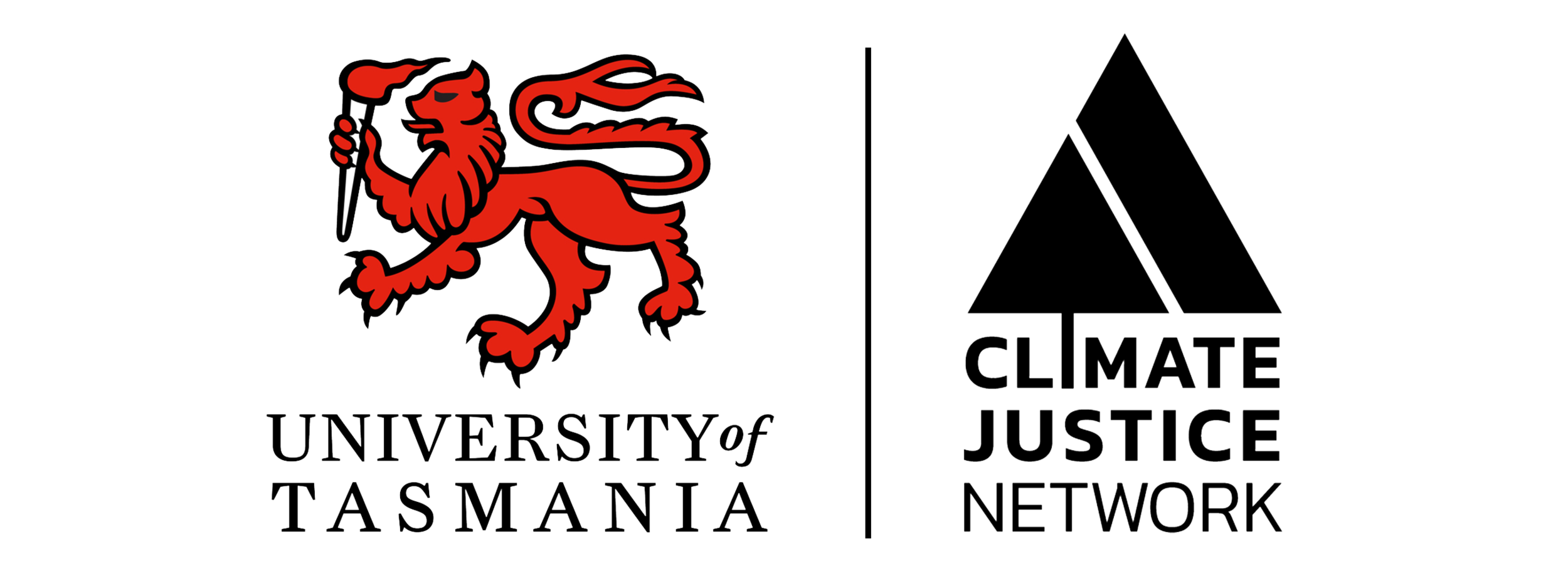Daniel Klein (Legal Officer, UN Climate Change Secretariat, UNFCCC) addressed how the Paris Agreement’s goals and frameworks contribute to achieving its objectives. Parties are currently in the phase of operationalisation of the Paris Agreement. This process can provide a platform where targets are measured and we move forward with progressive goals and actions and solutions that can help us achieve these objectives. The Paris Agreement and international law and governance can set the frame, but action needs to come together from all actors.
This talk was held at:
Imagining a Different Future
Climate Justice Conference
The University of Tasmania with the support of the University of Utrecht Ethics Institute hosted a multidisciplinary conference examining the barriers to responding to climate change, implementing climate justice, and proposing ways forward. Among the keynote speakers were Law Faculty Professors Jan McDonald and Ben Richardson. The Law Faculty's Dr Peter Lawrence co-convened the conference with Jan Linehan. The conference took place in Hobart from 8-9 Feb 2018.
Despite the Paris Agreement, there are real concerns the prevailing neoliberal economic and political model, particularly with the move to more insular, nationalistic, fragile politics, cannot respond effectively to climate change and excludes key considerations such as ethics and justice. Videos and Podcasts from the conference are available on the Knowledge Hub.
